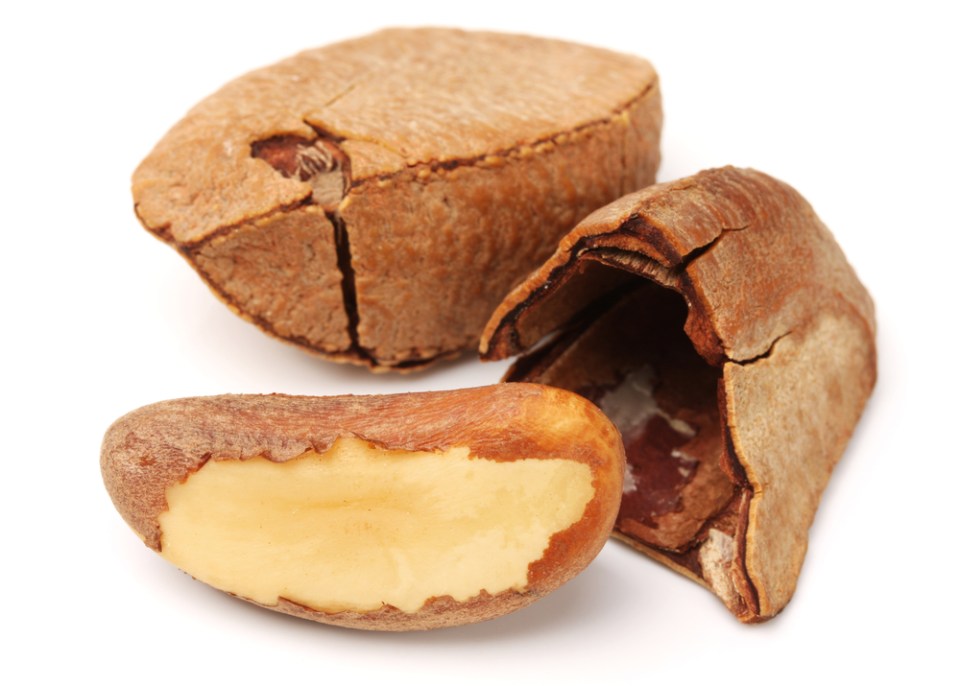
In my clinic last year there was a lot of focus on Calcium and osteoporosis but realistically everyone knows they need Calcium for bone health. There are however 20 essential minerals for health and in this blog you are going to find out about five that could be having a big impact on your current health and wellbeing. In case you do want more information on Bone Health read my latest blog on Building Healthy Bones.
Iodine is basically found in things that come out of the ocean, like fish and seaweed, but also in organic eggs and celtic sea salt. Iodine is an essential nutrient for glandular health and in particular the thyroid gland. Thyroid hormones require iodine to form T4 or thyroxine which then has an iodine ion removed to become the active hormone T3, or tri-iodothyonine.
The thyroid is responsible for growth and repair, so effectively controls your metabolism but also your ability to heal effectively. When your thyroid health is impaired you tend to have one of two reactions, first up if your production of thyroid hormones is too low you tend to become fatigued, foggy, constipated and suffer from dry skin and hair loss. If you are overproducing thyroid hormones you tend to be agitated, lose weight easily and have loose bowels. You do need to be careful supplementing with iodine particularly if you suffer from auto-immune conditions and its preferable to build supplements up slowly as well as having iodine from food sources.

Selenium is also a key nutrient for thyroid health and is important for the production of anti-oxidants such as glutathione. Australian soils tend to be low in selenium and to get an adequate dose four brazil nuts a day is recommended, but ideally they actually come from Brazil where the soils are still replete in selenium.
Glutathione is an anti-oxidant which can prevent damage to cells, it also regulates DNA production. It can be taken as a supplement however supporting your own body to produce adequate glutathione is probably recommended as a longer term strategy.
It is usually fairly easy to determine whether Chromium is a deficiency for someone as they will crave sweet foods and may be prone to dizziness or fatigue if they haven’t eaten in a few hours. Chromium is a key component of glucose tolerance factor. If you eat a meal high in carbohydrates and then feel tired a couple of hours later it is possible that you cannot manage the surge in glucose in your blood from the food. Glucose tolerance factor binds to insulin and enhances its reaction often by a factor of three, so low levels of chromium will reduce your ability to manage foods high in glucose.
People who are deficient in both Chromium and Iodine will have a lot of difficulty in losing weight as they are two key minerals for your metabolism.

Potassium is another key nutrient as it is an important electrolyte in the body and it is a useful marker of adrenal health. Ideally potassium and sodium need to be in a reasonable balance as an indicator of good adrenal health. Potassium is the major electrolyte in the intercellular fluid and sodium is the major electrolyte in the extracellular fluid. Low potassium levels can result in cells being dehydrated and operating less effectively.
Potassium is frequently low in people who have been under chronic long term stress or those who do not eat sufficient fruit and vegetables, which are usually the best sources.
Most people cite bananas as a good source of potassium at about 400mg. There are a range of good quality sources including half an avocado (487mg) or a medium sized sweet potato (541mg) or 1 cup of navy, lima or canellini beans (840mg) which all contain a higher level of potassium than bananas.
Copper is a mineral that often gets ignored as the focus for the immune system in particular is often on zinc, however inadequate copper levels make it difficult for you to respond to bacterial infections. It is found in all tissues and plays a role in making red blood cells and maintaining nerve cells and the immune system. The best sources include seafood, organ meats, whole grains and legumes. A popular source of copper is Chocolate, however it is the raw cacao that is high in copper.
Copper is usually more problematic when is it in excess and this can be associated with increased anxiety, headaches and allergies.
Interested in finding out more about your mineral levels and what you may need to include in your diet. Christine Pope is available for appointments on Tuesday and Wednesday at her clinic at St Ives, Elemental Health, You can make appointments on 02 8084 0081 or book online.



Sound interesting like to know more
Follow my blogs for more updates